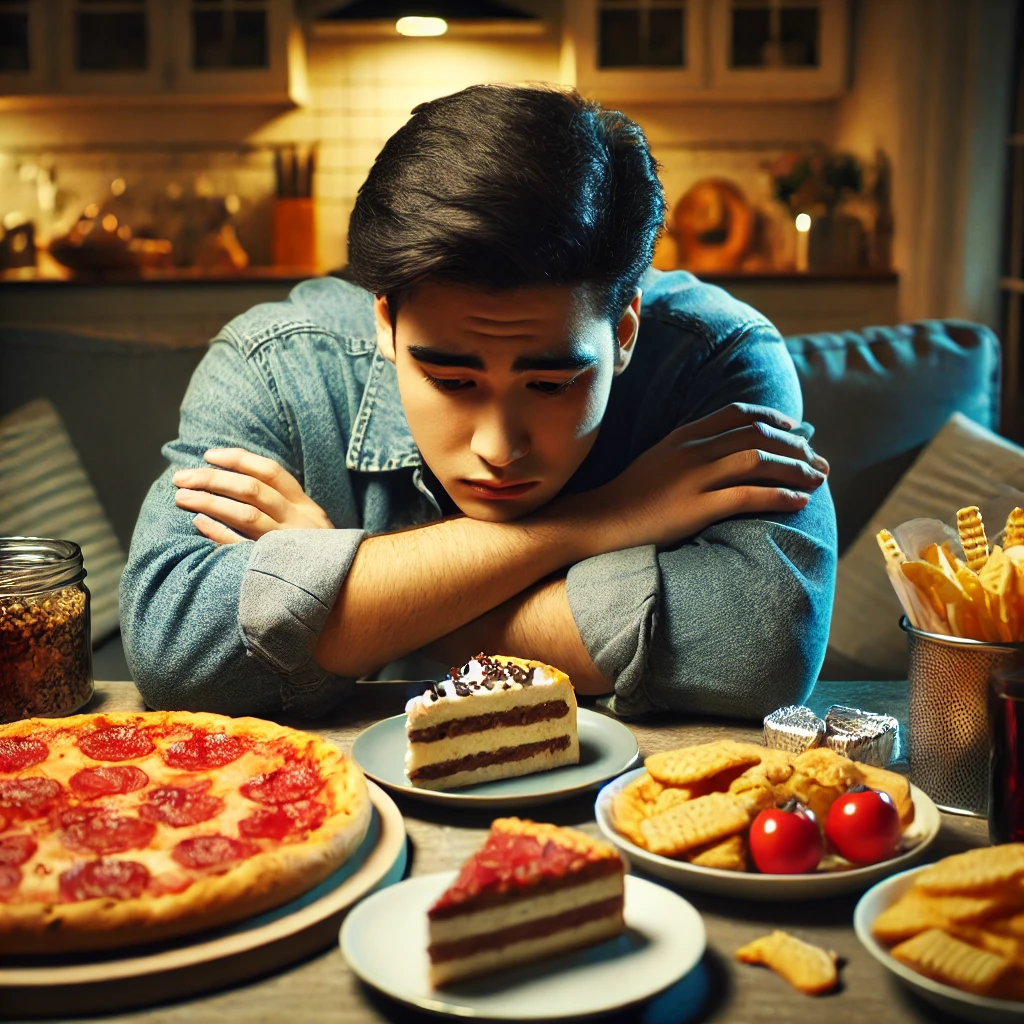
Could Emotional Overeating Be Causing Your Weight Gain?
Struggling with weight gain can be incredibly frustrating, especially when you can't pinpoint the exact reason behind it. One sneaky culprit might be emotional overeating. This issue often involves mindless eating, where you consume food without even realizing it. If you're unsure why you're gaining weight despite a healthy lifestyle, emotional eating could be to blame. Here are some signs to help you identify emotional overeating.
Unexplained Weight Gain
If you've noticed an increase in weight that doesn't seem to have an obvious cause, emotional overeating could be the hidden factor. This type of eating is often unconscious, meaning you might not even realize you're doing it. Even if you're exercising regularly and preparing nutritious meals, you may be unknowingly eating in response to negative emotions, leading to weight gain.
Sudden Urges to Eat
One of the telltale signs of emotional overeating is a sudden, intense urge to eat—often for a specific food. Emotional hunger tends to appear quickly, unlike physical hunger, which usually builds up more gradually. Unless you've gone an extended period without food or have low blood sugar, genuine hunger rarely feels like an immediate, overwhelming need to eat.
Connection to Depression
Research has increasingly linked emotional overeating with depression. Do you experience bouts of depression or low moods? If so, how do you usually cope? If the thought of comfort food comes to mind when you're feeling down, this could indicate that your overeating is driven by emotions rather than physical hunger.
Stress-Related Eating
Are you going through a stressful period in your life? Have you noticed a correlation between stress and your weight gain? Stress and anxiety can trigger emotional overeating as a coping mechanism. When you're overwhelmed, eating can feel like a quick fix for negative emotions, even if you're not truly hungry.
Guilt After Eating
Do you feel guilty or ashamed after eating? These emotions can be signs of emotional overeating. When you eat to satisfy true hunger, there's no reason to feel bad afterward. However, if you're consuming food for emotional comfort, feelings of guilt often follow.
Cravings for Specific Foods
True hunger tends to make you more flexible with food choices—you'll eat whatever is available. But emotional overeating usually involves cravings for very specific foods. When you're emotionally eating, only that particular food will feel satisfying, and no other option will do.
By identifying these signs, you can start to recognize whether emotional overeating is contributing to your weight gain. Understanding the difference between emotional hunger and physical hunger is key to making mindful choices about your eating habits.


Add comment
Comments